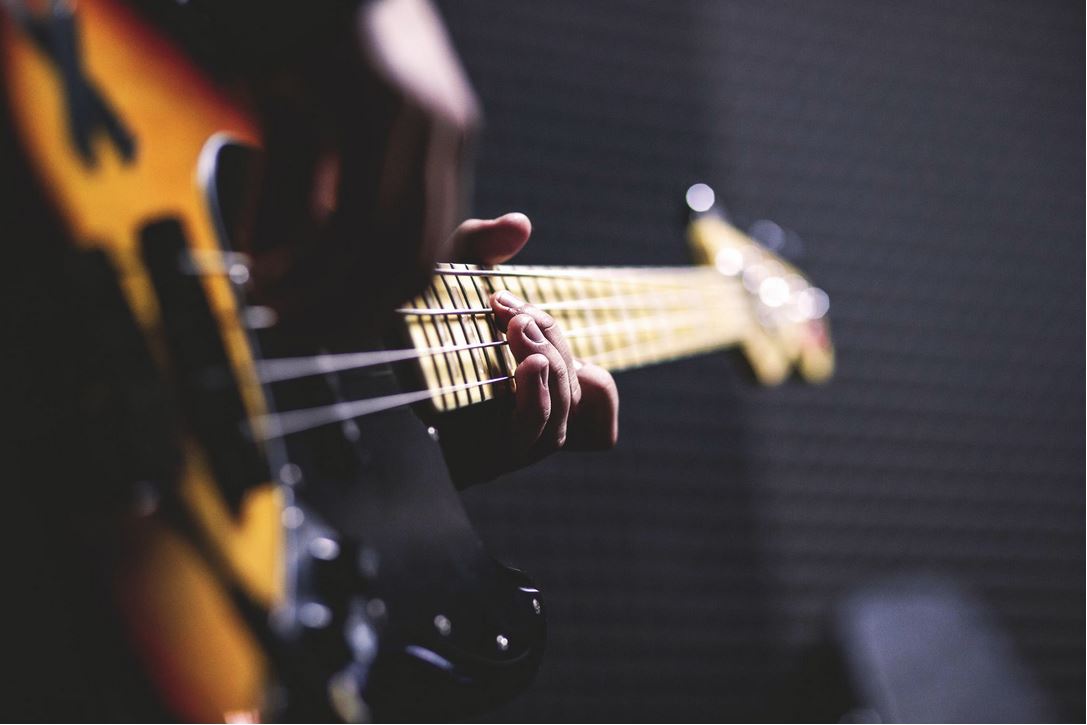
If you have created an original musical piece and are wondering how to prove ownership of your creative work as well as how to protect it from infringement, i.e. someone utilizing your creative work without your permission, then you certainly need to have a good understanding of intellectual property rights of music. Intellectual property is a category of property that refers to humans’ creative work, such as designs, artistic work, symbols, literary work and names, just to mention a few. On that premise, the following article unveils how you, as a music creator, can protect your creative expressions through intellectual property law.
Types of Intellectual Property
There are four types of intellectual property: trademarks, trade secrets, patents, and copyrights. Trademarks protect logos and brand names, trade secrets protect company secrets, patents protect people’s designs and inventions and copyrights protect literary or artistic work, such as music.
How to Protect Your Musical Creations
Your original musical creations are certainly regarded as intellectual property and are protected by copyright law. As the author of the musical creation, copyright law grants you a set of rights. However, it is important to note for you to be considered an author, you must have your creative expression preserved in any tangible way or form, such as recorded or written, so that it can be considered eligible for protection by copyright law.
Consider Seeking a Lawyer
If you have any questions or are confused by the process, then it would be a good idea to seek a corporate lawyer who can draft the required documents to file for the copyright and work with the patent office in order to attain the copyright.
Your Rights as an Author of Copyrighted Work
That being said, the four rights granted to you by copyright law are as follows: the right to reproduce your work, the right to transfer your work, the right to display or perform your work and the right to produce more creative work based on your initial work. That being said, in order to enforce these rights, you should register your creative musical work with the U.S. copyright office. Also, as the author of the creative work, you can transfer these rights either in combination or individually.
As copyrights protect your music assets for a long period of time, typically 70 years after your death, you should certainly copyright your creative musical work so that no one will be able to transfer, reproduce, perform or make new work based on your original work.
